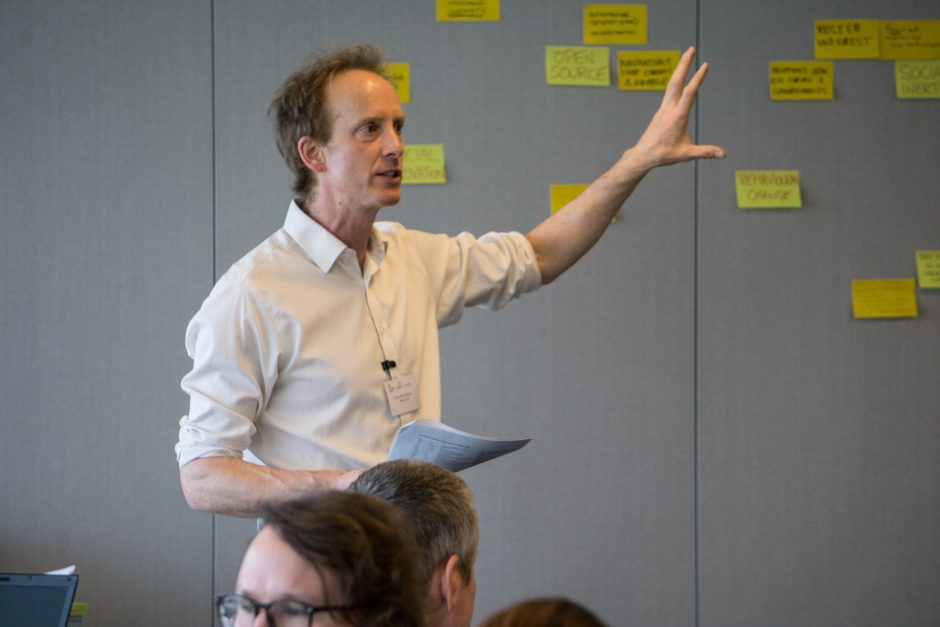IRES Seminar Series
Time: 12:30pm to 1:30pm (every Thursday)
Location: AERL Theatre (room 120), 2202 Main Mall
*********************************************************************************
Transforming Energy Demand to Meet the 1.5°C Climate Target and Sustainable Development Goals Without Negative Emission Technologies
Abstract:
Scenarios limiting global warming to 1.5°C describe major transformations in the energy supply and ever-rising energy demand. We provide a contrasting perspective by developing a narrative of future change based on observable trends which results in low energy demand. We describe and quantify changes in activity levels and energy intensity in the Global North and South for all major energy services consistent with our scenario narrative. We find that global final energy demand by 2050 reduces to 245 EJ, around 40% lower than today’s levels despite rising population, income and activity. We show how changes in the quantity and type of energy services drive structural change in intermediate and upstream supply sectors (energy and land use). Down-sizing the global energy system dramatically improves the feasibility of low-carbon supply-side transformation by renewables and electrification. Our scenario meets 1.5°C climate and other sustainable development goals, without relying on controversial negative emission technologies.
Charlie Wilson
 Bio:
Bio:
Charlie Wilson is a researcher in the Tyndall Centre for Climate Change Research (UK), and a co-leader of its Accelerating Social Transitions research theme. He is also a Reader in the School of Environmental Sciences at the University of East Anglia where he teaches modules on energy and climate change, social research methods, and envi- ronmental field skills. Charlie’s research lies at the intersection between innovation, behaviour and policy in the field of energy and climate change mitigation, working at both a systems level and a micro level. Charlie was also a PhD student at IRES many moons ago.
Project website: http://silci.org/

Photo Credit: Madison Stevens, IRES PhD Student